
Bhutan’s General Elections Today Amid Economic Concerns
In the serene and mountainous kingdom of Bhutan, where Gross National Happiness (GNH) has long taken precedence over conventional economic metrics, the nation is heading to the polls today amid growing concerns over its economic stability. This shift in focus is raising questions about Bhutan’s commitment to prioritizing well-being over traditional economic growth, as reported by Al Jazeera.
Bhutan, roughly comparable in size to Switzerland, is witnessing a unique electoral process as both major political parties, the Bhutan Tendrel Party (BTP) and the People’s Democratic Party (PDP), share a constitutionally enshrined commitment to governing based on the happiness and well-being of its citizens.
Despite its idyllic setting, Bhutan is grappling with significant challenges, especially in its economy. Notably, voters are going to great lengths, sometimes trekking for days, to participate in the electoral process, underscoring the importance of the democratic exercise in the small Himalayan nation.
A crucial issue in this election is the struggle faced by the younger generation. Chronic unemployment and a growing trend of migration abroad have become pressing concerns, according to Al Jazeera. Bhutan’s youth unemployment rate, standing at 29 percent according to the World Bank, has fueled a brain drain as young citizens seek better financial and educational opportunities beyond their borders.
Over the past five years, Bhutan’s economic growth has been sluggish, averaging at 1.7 percent. This, combined with the rise in unemployment, has led to a record number of young citizens leaving the country, with Australia emerging as the top destination. Local reports indicate that nearly 15,000 Bhutanese were issued visas to Australia in a single year, surpassing the numbers of the preceding six years combined and constituting almost 2 percent of the country’s population.
Mass exodus has become a central issue for both political parties in the current elections. Pema Chewang of the Bhutan Tendrel Party expressed concern about the country losing the “cream of the nation.” The career civil servant warned that if the trend continues, Bhutan might face the grim prospect of empty villages and a deserted nation.
Tshering Tobgay, the former prime minister and chief of the People’s Democratic Party, highlighted Bhutan’s “unprecedented economic challenges and mass exodus” in his election campaign. His party’s manifesto points to government statistics indicating that one in every eight people in Bhutan is struggling to meet basic needs, including food and other necessities.
In addition to internal challenges, Bhutan’s economy heavily reliant on tourism is yet to recover fully from the disruptions caused by the coronavirus pandemic. Tourism, though a small share of the nation’s economy, plays a vital role in earning foreign currency.
As Bhutan grapples with these challenges, the outcome of the general elections will not only shape the future government but also the nation’s path forward, potentially determining the balance between Gross National Happiness and the pressing economic issues at hand. The international community keenly observes Bhutan’s unique experiment in prioritizing well-being over economic growth, providing valuable insights into the delicate balance between prosperity and happiness.
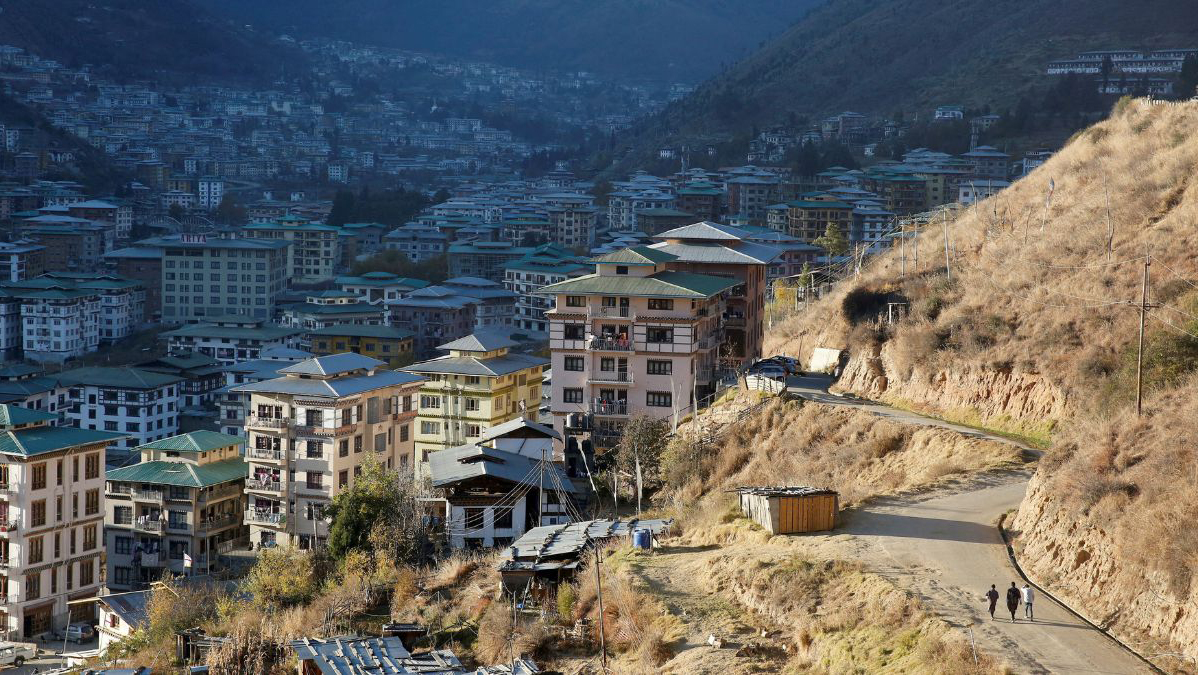


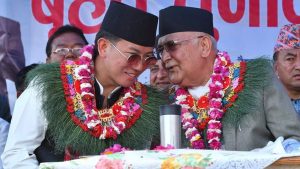
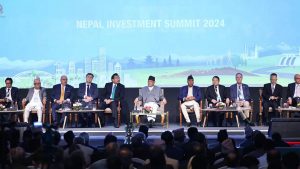
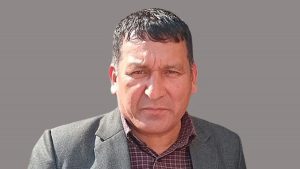
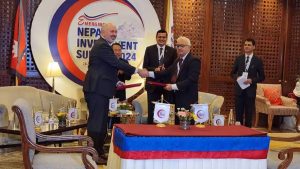

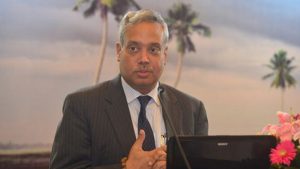






Comments